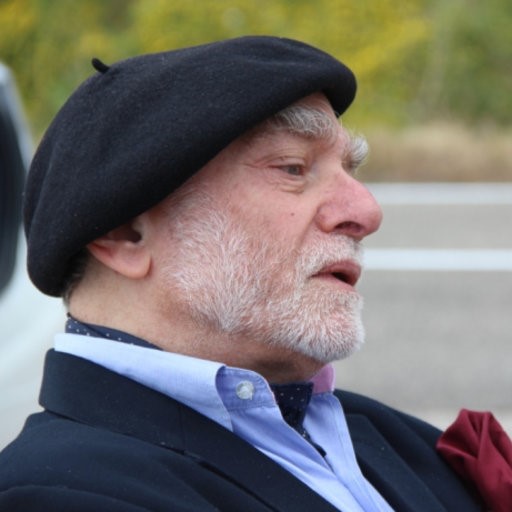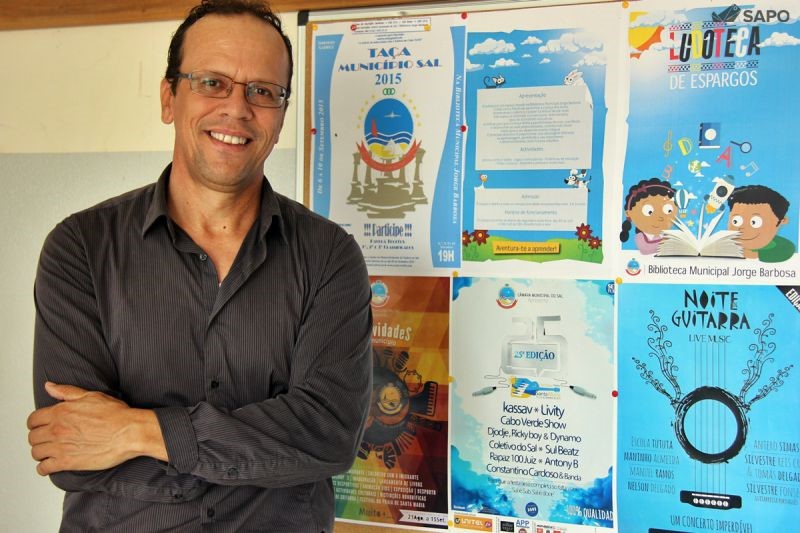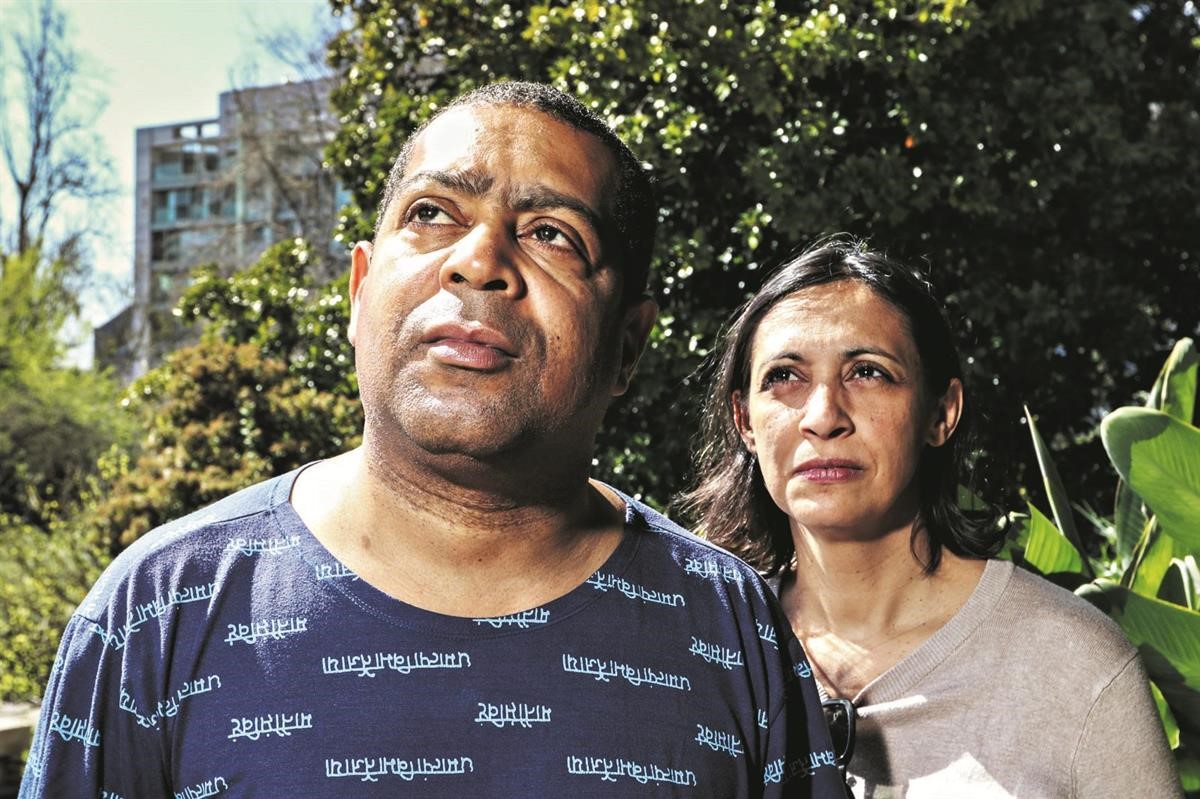To begin, it’s necessary to set the scene, context if you will. I worked with Dr Emanuelle Dos Santos on material that will be in the book she is planning to publish. Her topic? It is called ‘World Literature in Modern Languages: Production and Circulation of Peripheral Literatures in Portuguese’ and is about literature from Lusophone Africa. The premise is that the literary canon is inherently unequal and Eurocentric, so Dr Santos was looking at peripheral texts and particularly how they develop outside the geographical and cultural sphere in which they were created. It touches on the fields of world literature studies, comparative literature and postcolonial studies.
As an English literature and history student, I might not have been the most obvious a candidate for the position but I had a personal interest as a Portuguese native with roots in Lusophone Africa. Personally, it was important to gain confidence to step out and try new things that I’m curious about. It’s a reminder for us all that we don’t have to pursue things that strictly relate to what we study, even though it might be less daunting.
I had the opportunity to get involved before even beginning my scholarship, as Dr Emanuelle invited me to a symposium she was hosting, with various academics from the Portuguese field, in order to provide some basic contextual knowledge.
The first three weeks of my scholarship revolved around transcription of interview audios, which was very precise work. I worked on the interviews Dr Emanuelle conducted with Djelal Kadir, a professor of Comparative Literature and a published writer about world literature, Evel Rocha, a Cape Verdean poet and novelist, and Filinto Elisio and Marcia Souto from Rosa de Porcelana, a Lisbon-based publishing firm that only launched in 2013 who have published Rocha’s last three books. When I returned after a month, the remaining two weeks were spent focused on the translation of the two latter interviews.



Overall, each interview had different things to offer, with unique perspectives from an academic, a writer, and publishers. What was most interesting about Kadir’s interview was how the concepts of world literature and postcolonality are context specific. Rocha shed light on the realities of trying to get funding for publication in Cape Verde which has an underdeveloped literary sphere, and promoting texts. Rosa de Porcelana’s intention of creating a cultural impact was particularly noteworthy, especially how they wanted to publish more Cape Verdean orature. This would raise the national language’s importance which is sometimes overlooked compared to Portuguese. Still, they also take on non-Cape Verdean writers and seek translation into other languages such as German.
I don’t have any wildly fascinating pictures, not even of me working hard in a coffee shop. For this scholarship, Word and my earphones were my best friends. Temptation, however, was not. I could pretend it is completely easy maintaining hardcore focus, when you could watch TV or play Sims. It’s not a testament to its worth or interest at all but the reality of working against distraction. Ultimately, an undergraduate scholarship is more than just the content you work on, it also helps you hone other skills like focus, prioritising of tasks, independent research, time-keeping and goal-setting. It gives you the confidence to branch out into a topic you may not have grappled with before, and be an integral part of an important research project.
